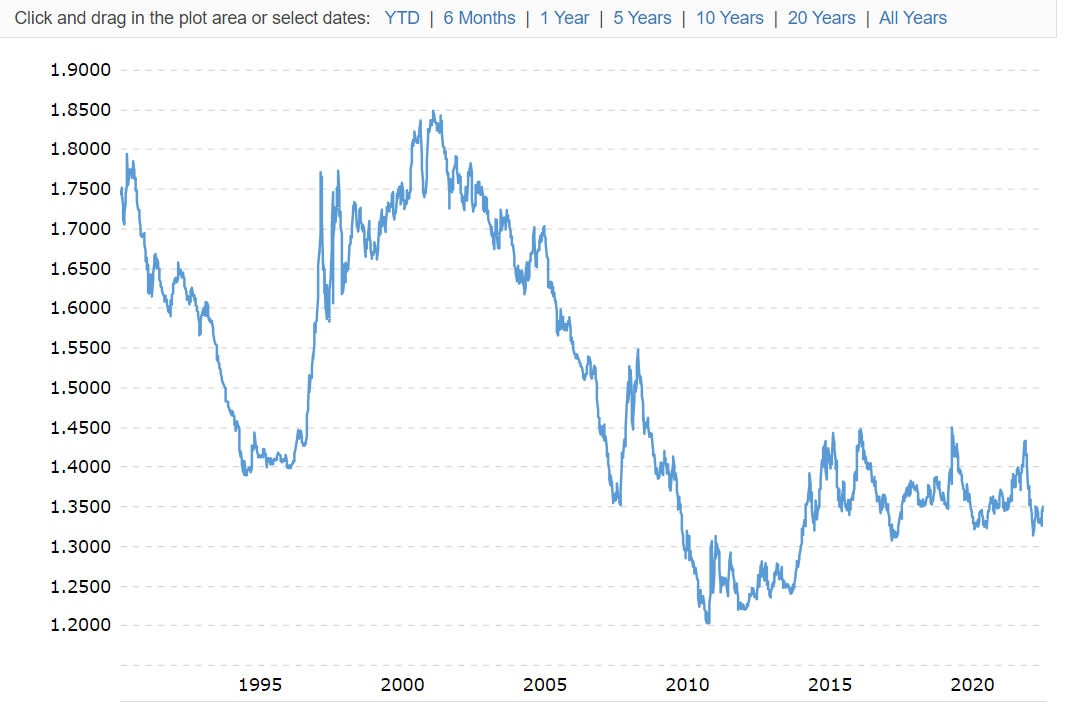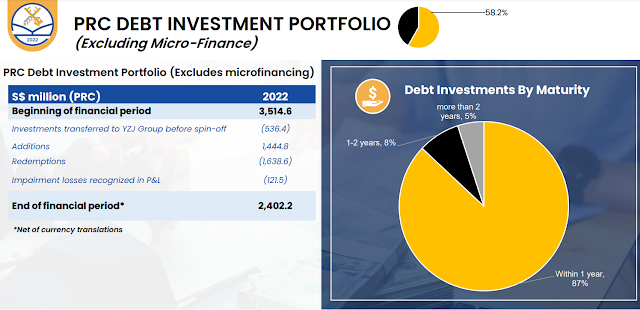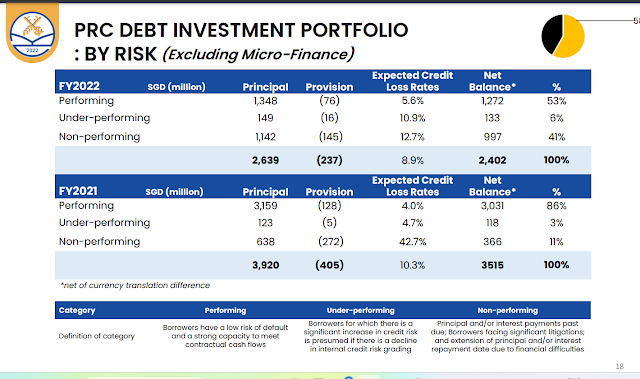Recently financial news headlines are about an impending recession globally. To REIT owners that is good news. This is due to the expectation that central banks will then reduce rates to stimulate the economy
Inverse Relationship Between Interest Rates and Share Prices
The past 1 year has shown how the constant hikes in interest rates had a direct relationship to the fall in share prices of REITs.
Look through any SGX listed REIT and you will find that correlation. The mechanism is simple- REITs are leveraged in balance sheet by nature. They hold properties which are valued by risk free rates. A higher interest rate results in two pains for REITs, all else holding equal; (i) a higher debt financing as the interest cost is higher, (ii) a higher interest rate means risk free rate are higher and this has a downward effect on the valuation of a REIT's property.
What happens is (i) an increase in interest cost and (ii) lower property valuation. For (i) this means unit holders get less dividends and for (ii), it means the leverage ratio of REITs increases, putting them closer to MAS's statutory limit of 50% leverage ratio.
Recession Means Interest Rate Will be Lowered According to Central Bank's Thoughts
Should a recession comes, central banks would attempt to lower interest rates. As said above, a lower interest rates will means REITs profits improve and leverage ratio improves.
Are REITs Similar to Gold?
It is known that Gold is a safe haven asset where if recession comes, investors flock to it. Based on how I have described above, people will assume that REITs are the same.
However, there is one caveat- the financial strength of tenants. In times of recession, companies may close down and if one of them turns out to be a tenant of a REIT, the REIT loses rental income immediately. Therefore, linking recession to improved business of a REIT is not straightforward. Instead, investors should observe the tenant of a REIT properties.
For some REITs, they lease properties to blue chip companies or even to government organisations. This are the stronger REITs. However, markets are not stupid and REITs with a long list of blue chip tenants are leased on a stronger footing (similar companies are like Capitaland REITs or Elite Commercial).
Therefore, as investors, we can think of the macro view first which is prepare for recession and start accumulating REITs now. The second order of thinking will have to come in which is to identify good REITs with a strong tenant composition. Alternatively, if the second order of thinking is too hard for an individual, do consider a REIT ETF which holds SGX listed companies (REIT). There are quite a few and they are relatively easy to be googled out.





